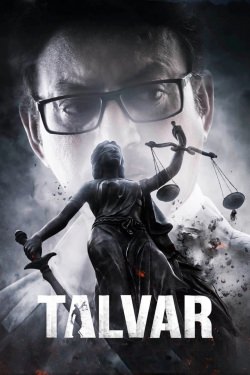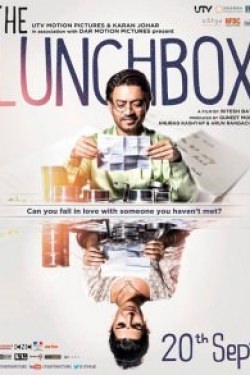Top Rated Films
Srijana Mitra Das's Film Reviews
-
Bajrangi Bhaijaan emphasizes how, amidst visas and wars, there are also angels about who don’t see doors. They see homes, lives and children – and sometimes, children see angels too.
It makes a beautiful, mubarak point – one that’s very dabangg too.
-
Dil Dhadakne Do goes behind the glossy grins of Indian family life, presenting screaming, sobbing dysfunction, heart-ripping extramarital affairs, bitter gender discrimination and heavy parental control. Yet, it has a light hand, not preachy but breezy while sensitively making modern points.
-
Tanu Weds Manu Returns with double fun – and philosophy. It’s hard to love happily.
Yet, so easy.
Aanand L. Rai merits applause for his masterful direction of Himanshu Sharma’s rich, riotous story. Evoking a new-age Hrishikesh Mukherjee, Rai keeps things tight, light, yet layered – and handles two leading ladies, one of whom deserves an extra half-star.
-
The plot also wobbles between love story, crime saga, urban legend and corruption drama. Between lovers’ fights, gun-battles and newspaper wars, you’re thinking The. Godfather, Casablanca, Chicago – but you want to feel Bombay Velvet more.
Its cinematography and performances, particularly Ranbir’s edgy ‘big shot’, merit an extra half-star. But while Bombay Velvet is stylish, this fabric could have been smoother.
-
With passion, there’s precision too, the editing fish-bone sharp, detailing, down to Bhaskor’s monkey cap, perfect. Some moments evoke Ang Lee’s terrific ‘Eat Drink Man Woman’. Others evoke your and my life. Together, Piku makes you shake with laughter. It also makes your heart cry.
-
With gritty reality, Gabbar has glamour too – Shruti charms with her soft, pretty appeal while a cameo by Kareena adds sheen but doesn’t divert. The second half’s blood pressure doesn’t fully match the first (Patil’s insistent ‘I am a brand!’ gets repetitive while CBI officer Pahwa looks clueless without Sadhuram’s ‘axellent’ work) – but the climax pushes up the adrenaline again.
-
The script somewhat over-diligently ticks every possible ‘challenge’ box, mixed marriages to a Pakistani-Bangladeshi visually affected lesbian. But that small quibble aside, MWAS is deeply moving, a philosophical film which makes you wonder if the body is a palace or prison – and evokes mothers to lovers who’ve cherished your soul.
Try this Margarita – it’s different.
-
The story tries to accommodate a whole host of issues, fake babas to real crimes, and fails. The Neelananda track is overplayed while the music is underdone. Given its realistic detailing, this could have been a livewire of wry wit – but it ends up a feather-duster of fuzzy philosophy instead. Caught between wise-cracking veterans and wise-sounding vachans, large sequences look low on energy and stereotypes, from lusty swami to kajal-eyed imam, stretch to yawning point.
-
…a fun watch presenting another mystery – how Sushant looks good, despite a uni-brow? Go solve.
-
This is a fun story with as many layers as a Jaipuri pagdi. The acting is such fun – the film features much of the cream from the high tea of British drama – that you appreciate characters, even if you didn’t check into the first Hotel.

























